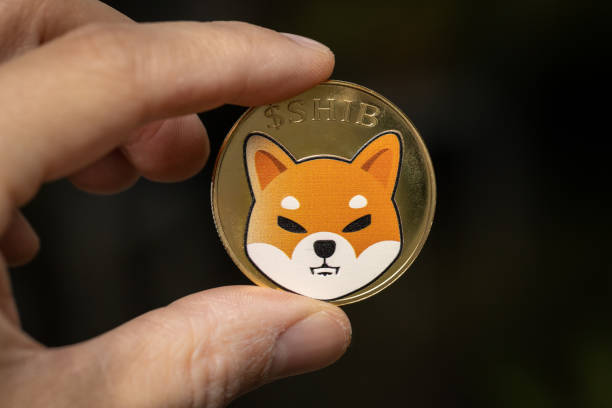
The confusing, user-unfriendly format of Bitcoin addresses has turned off many possible new users in the past, but Onename has been working on a solution to this ease-of-use issue for quite some time. Although the ability to link a Bitcoin address to a Onename username has been available for a while now, a newly released API will allow bitcoin users to share one easy-to-understand name with their friends and work colleagues.
Privacy Concerns Remain
Although Onename allows users to map their username to a static Bitcoin address, there are a few issues with the current setup. Reusing addresses is known to be bad for privacy in Bitcoin, and not many knowledgeable bitcoin users want to move to a system that will publicly broadcast all of their transactions for the world to see. While it’s true that all bitcoin transactions are technically public, using Onename would make it trivial for another party to track all of an individual’s financial activity – or at least the transactions that used the Onename alias.
A Possible Solution with BIP47
On Reddit, Onename co-founder Ryan Shea recently commented about a possible solution to this privacy problem:
Although stealth addresses have been viewed as the proper solution for Bitcoin alias privacy in the past, it appears that Shea sees reusable payment codes as a better option. The Open Bitcoin Privacy Project’s Justus Ranvier describes reusable payment codes as follows:
“Payment codes are SPV-friendly alternatives to DarkWallet-style stealth addresses which provide useful features such as positively identifying senders to recipients and automatically providing for transaction refunds.”
As Ranvier explained in a recent Reddit post, one of the downsides of reusable payment codes is they do not currently support multi-signature functionality. It’s possible that multi-party ownership over payment codes will be possible in the future through the use of threshold signatures; but there is still research to complete in this area.
On the other hand, payment codes have the benefit of enabling “from address” functionality in Bitcoin. This makes it much easier to send payments to bitcoin users who have already interacted with each other in the past, especially in the case of refunds.
Whether people are using aliases or not, it’s clear that privacy concerns are not being ignored by Onename or the rest of the Bitcoin development community. Another startup, Netki, is also looking at solving the privacy problem associated with Bitcoin aliases, although their solution uses a combination of HD wallets and Payment Requests.
Use in Decentralized Applications
In addition to using Onename in Bitcoin wallets as an alternative to long, convoluted addresses, the platform can be also useful for establishing usernames on decentralized applications. For example, OpenBazaar could eventually integrate Onename into its decentralized marketplace platform to allow users to build reputation over time. Having a reusable payment code attached to a Namecoin-based username would be a move in the right direction for the OpenBazaar system.










